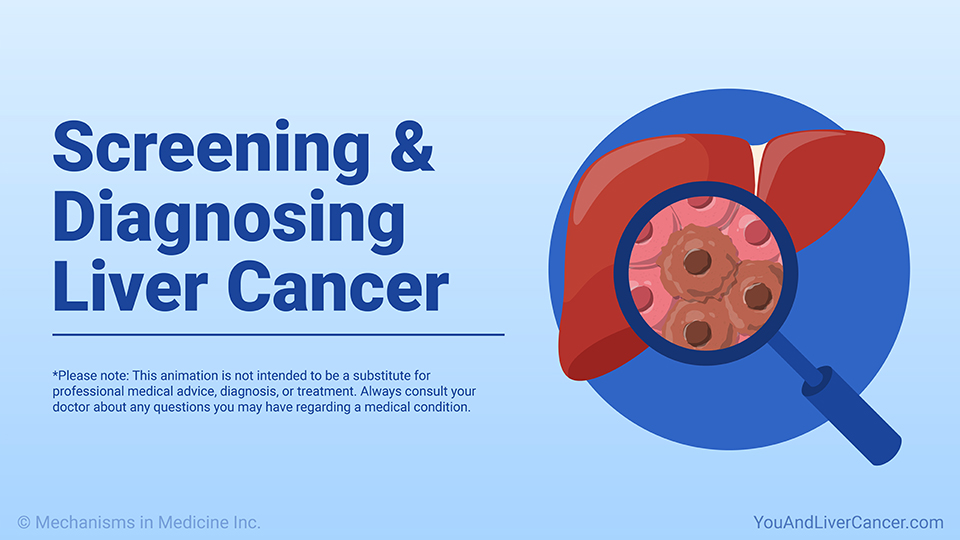This activity is supported by independent educational grants from AstraZeneca, Bristol-Myers Squibb, Eisai, Exelixis, Merck, and Genentech.
Thank you to the funders of You And Liver Cancer. All content is developed independently by Blue Faery and Mechanisms in Medicine Inc., in collaboration with an Expert Faculty group; funders are allowed no influence on the content of You And Liver Cancer: An Animated Patient® Guide to Liver Cancer.
Copyright © Mechanisms in Medicine Inc. All rights reserved.
This website is part of the Animated Patient® series developed by Mechanisms in Medicine Inc., to provide highly visual formats of learning for patients to improve their understanding, make informed decisions, and partner with their healthcare professionals for optimal outcomes.
Disclaimer: The information provided is not intended to be a substitute for professional medical advice, diagnosis, or treatment. Always consult your doctor about any questions you may have regarding a medical condition. The visuals provided are meant to be representations only. No specific brand is being promoted or endorsed.































